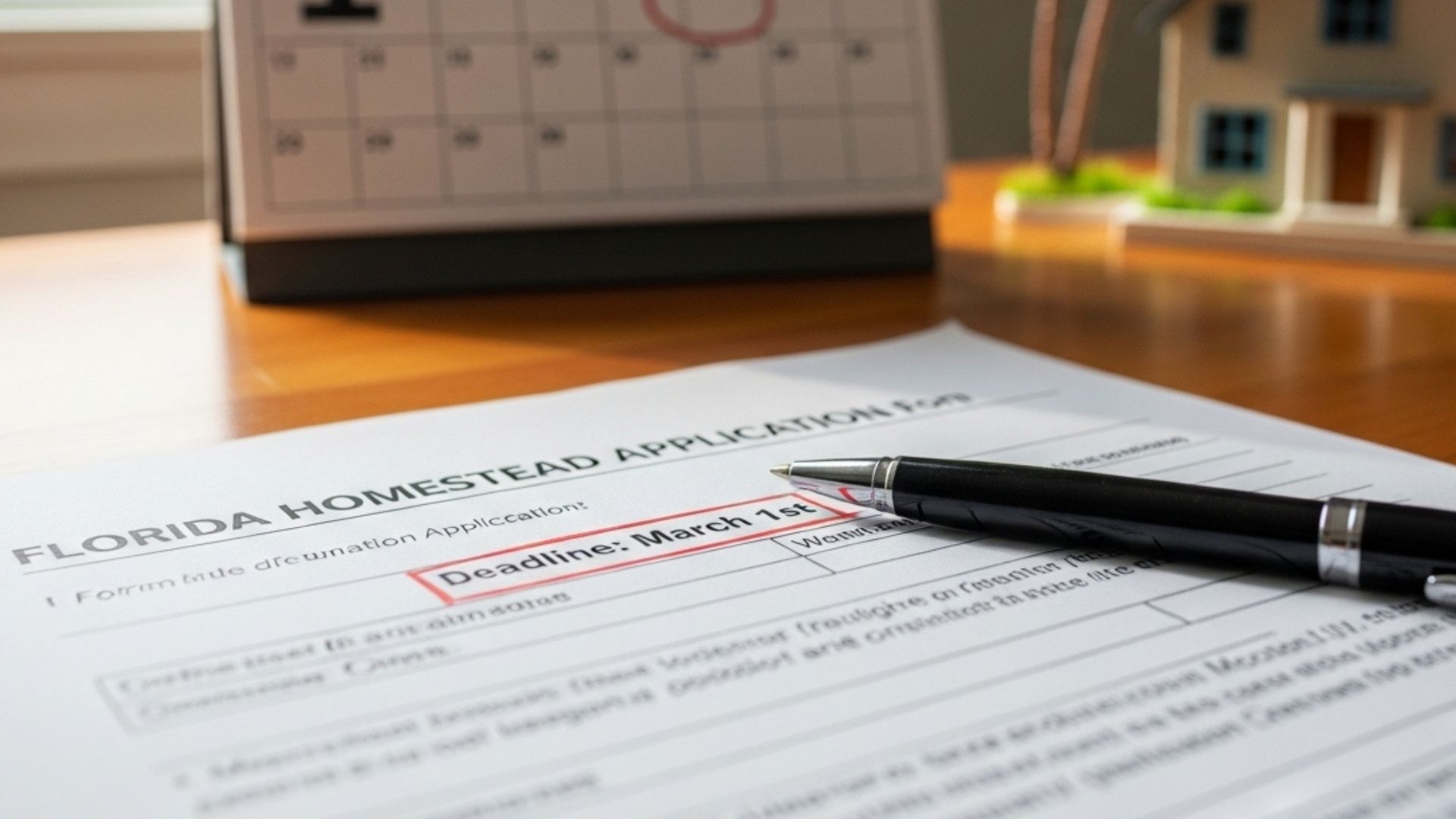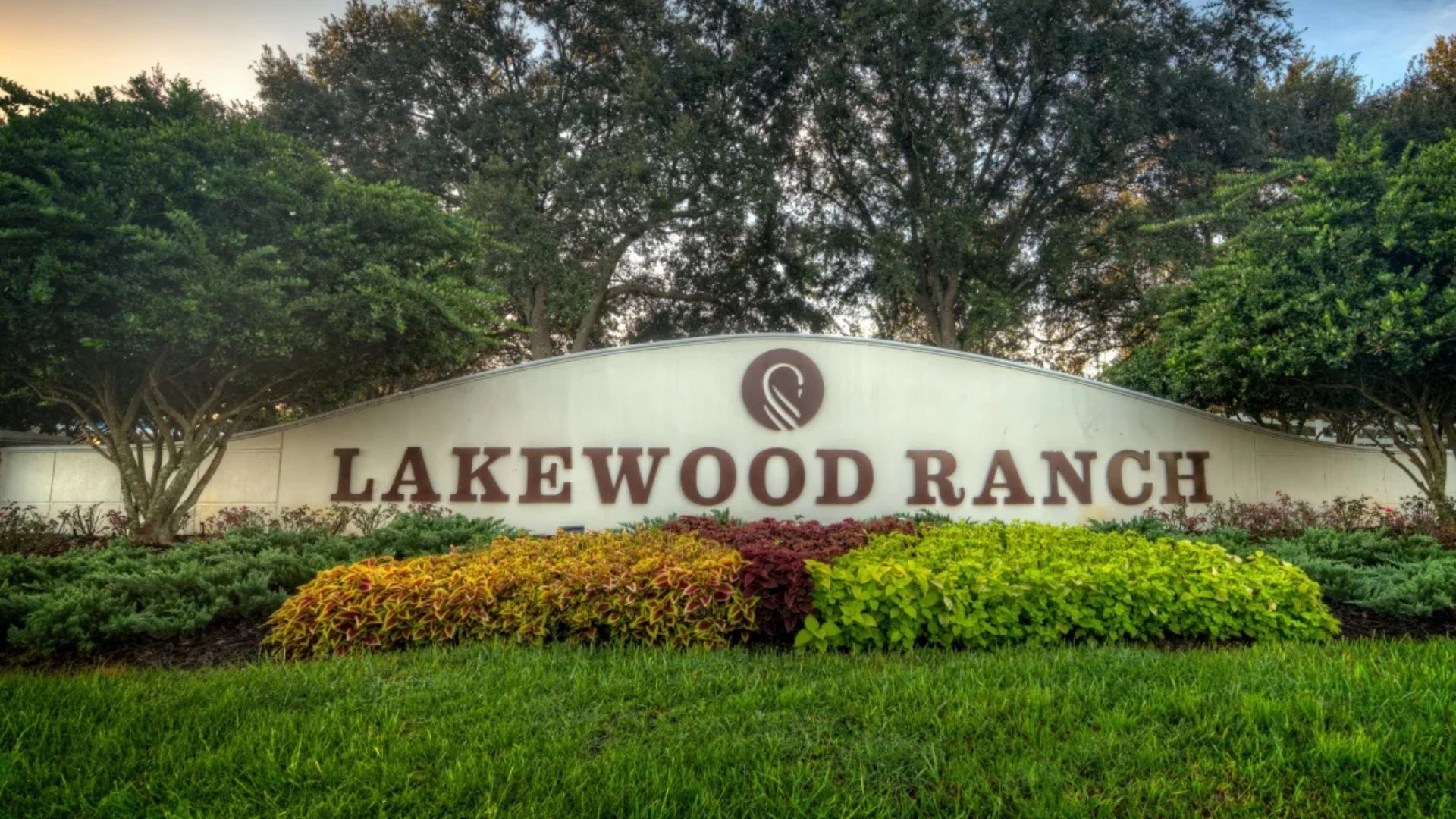
A Realtor’s Guide to the New FAR/BAR Contract and Settlement Statement Changes Due to the New CFPB and TRID Requirements
Recent regulatory changes from the Consumer Financial Protection Bureau (CFPB) under the TRID rule (TILA-RESPA Integrated Disclosure) have altered how residential real estate transactions are structured and closed. Realtors, title agents, and closing professionals must adapt to new timing rules, revised disclosure forms, and changes in contract language under the FAR/BAR residential contract. Understanding these updates can help you manage expectations, avoid delays, and guide clients more confidently from contract to closing.
Why CFPB and TRID Matter in Residential Closings
The CFPB’s TRID rule integrates previously separate disclosures into two main forms: the Loan Estimate and the Closing Disclosure. It replaces the old Good Faith Estimate and initial TILA disclosures as well as the HUD-1 Settlement Statement and final TILA disclosures in most consumer mortgage transactions.
Under TRID, consumers must receive the Closing Disclosure at least three business days before consummation of the loan. If certain changes occur—for example, a shift in APR, change in loan product, or addition of a prepayment penalty—the three-day waiting period must be reset.
Key FAR/BAR Contract Adjustments You Need to Know
- Extended timelines and flexibility for closing: The FAR/BAR contract now allows for more time to satisfy CFPB requirements. If closing funds are delayed to comply with TRID rules, the contract provides for an extension of the closing date up to seven to ten days in some cases.
- Redefined closing event: The contract clarifies that closing occurs when all required documents are delivered and funds are collected, rather than when funds are simply wired or initiated.
- Information deadlines for title and surveys: The contract imposes earlier deadlines for delivery of title evidence, surveys, insurance, and inspection items so that these can be incorporated into the Closing Disclosure.
- New language for financing contingency: The financing paragraph in the contract now includes explicit references to compliance with CFPB rules and protects parties from ambiguous obligations when lender or disclosure delays occur.
How the New Settlement Statement Works Under TRID
Under the new framework, the traditional HUD-1 Settlement Statement no longer governs most consumer mortgage transactions. Instead, the Closing Disclosure replaces it, combining the final truth-in-lending information with settlement charges into one document.
This means sellers, buyers, and Realtors must coordinate closely to ensure all credits, prorations, and adjustments are finalized early so the lender can prepare the Closing Disclosure on time. Because lenders now control the final disclosure, timing and accuracy are more critical than ever.
Practical Tips for Realtors to Stay Ahead
- Build extra buffer days into your closing calendar. Lenders may request information 7 to 14 days in advance to meet the three-day waiting period.
- Deliver information early: Collect accurate cost estimates, inspection data, and title information promptly so lenders can finalize the Closing Disclosure on time.
- Prepare clients for possible delays: Explain that any changes to APR, loan product, or fees may trigger a new waiting period.
- Review revised contract clauses: Familiarize yourself with the updated FAR/BAR provisions regarding extensions and the definition of “closing.”
- Coordinate with your title company: Confirm that your title and settlement partners understand TRID’s impact and timing constraints.
What This Means for Your Clients
Clients may expect quick closings but could face delays if disclosure timelines are not met. By managing each step early—inspections, title work, insurance, and cost estimates—you help minimize the risk of last-minute issues. Communication is key: explain why these new rules exist and how they protect the borrower by ensuring transparency and accuracy.
How Barnes Walker Can Support You
At Barnes Walker, our real estate, title, and closing services team stays fully updated on CFPB and TRID requirements. We help Realtors and closing professionals navigate FAR/BAR contract changes, coordinate disclosure timelines, and manage client expectations. Our goal is to ensure each transaction closes smoothly, accurately, and in full compliance with the new rules.
Contact Barnes Walker today to discuss your upcoming transactions or schedule a Realtor education session on TRID and settlement statement changes.
Sources
Trust • Experience • Results
Ready to Get Started?
Get started with Barnes Walker today.














